


A History of Innovation
Since 1980, Lam Research has played a key role in contributing to the extraordinary pace of
innovation in the semiconductor industry.
Our market-leading products and services enable our
customers to build smaller, faster, more powerful, and more power-efficient electronic devices—the
kind that are driving the proliferation of technology into our everyday lives.
Scroll down to
see how our company and the industry have changed throughout the years.
Company Milestones
Industry Milestones
The 1980s
1980
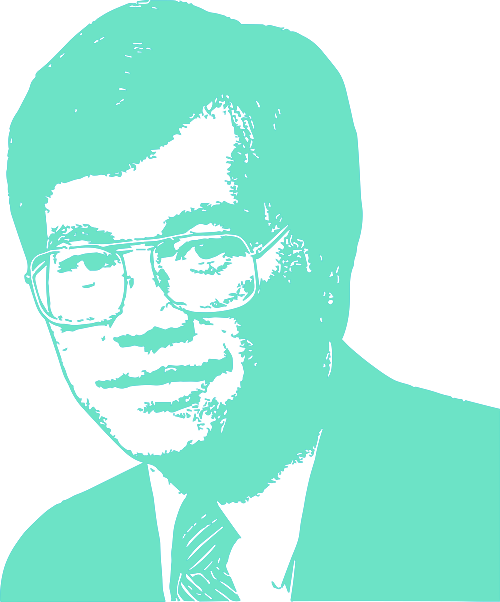
1980 - Company founded by David K. Lam in Santa Clara, California

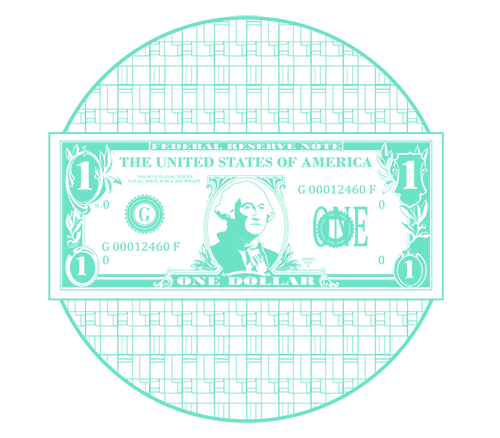
1980 - Wafer size:
150 mm

1980 - Global semiconductor sales topped $14 billion

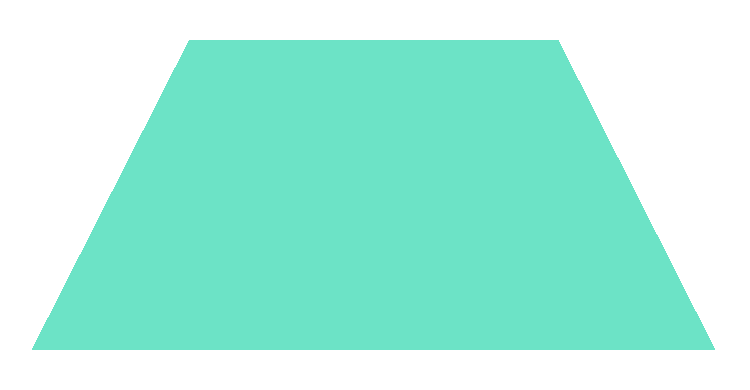
1980 - DRAM density:
64 Kb

1981
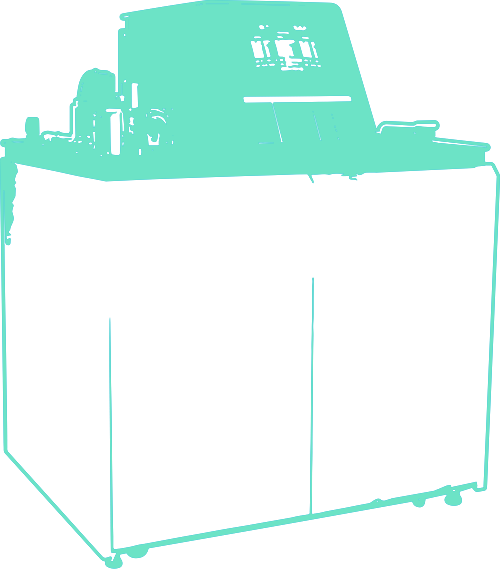
1981 - Introduced first product, the AutoEtch

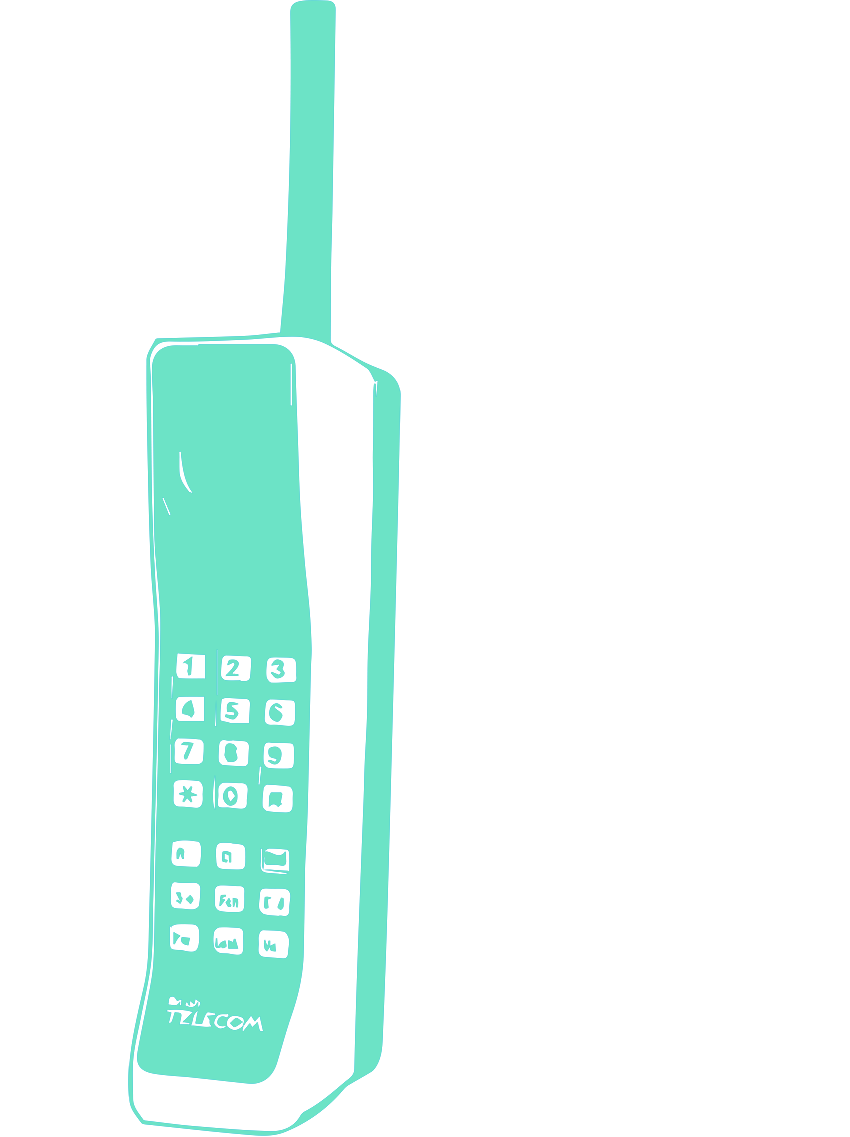
1981 - FCC approved cell phones for commercial development
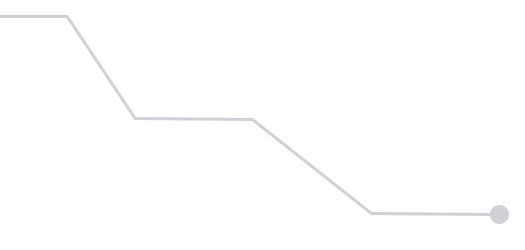
1982
1982 - Roger Emerick appointed as CEO

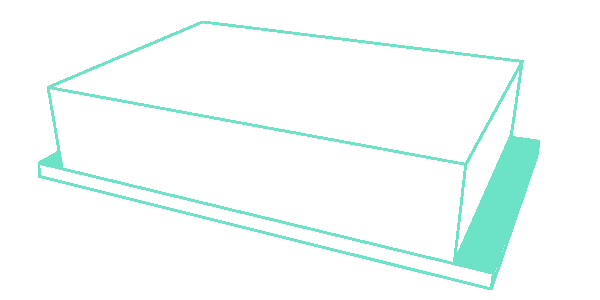
1982 - Technology node:
1.5 µm

1982 - Number of transistors in a typical microprocessor:
134,000

1984
1984 - Lam became public as LRCX

1985
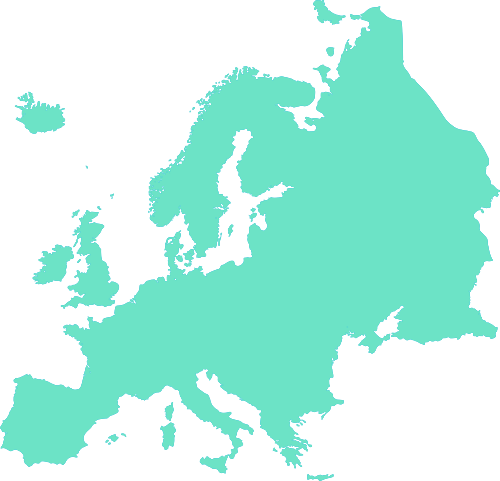
1985 - Opened first offices in Europe

1985 - Fiscal annual revenue:
~$34 million

1986
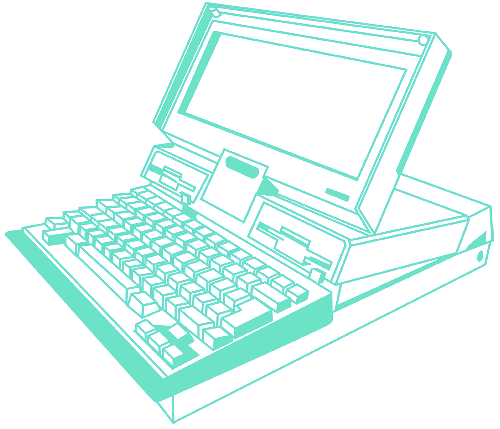
1986 - IBM introduced its first laptop computer, the PC Convertible

1987
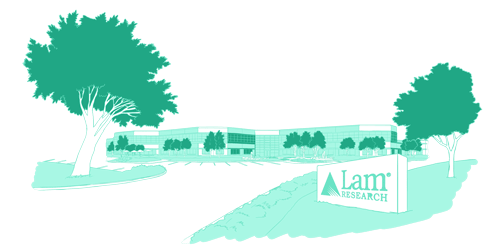
1987 - Relocated headquarters to Fremont, California

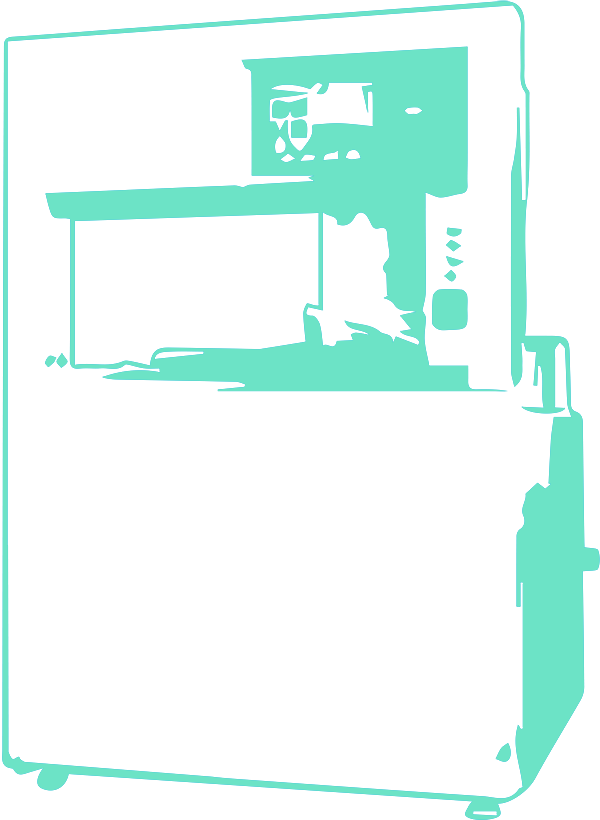
1987 - Introduced Rainbow® etch system

1987 - Introduced first MSSD system, Concept One® PECVD

1988
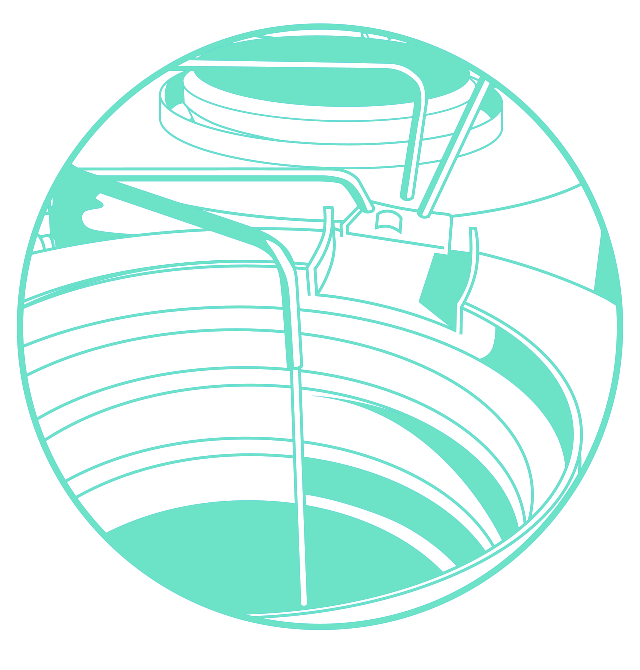
1988 - Invented single-wafer spin clean technology

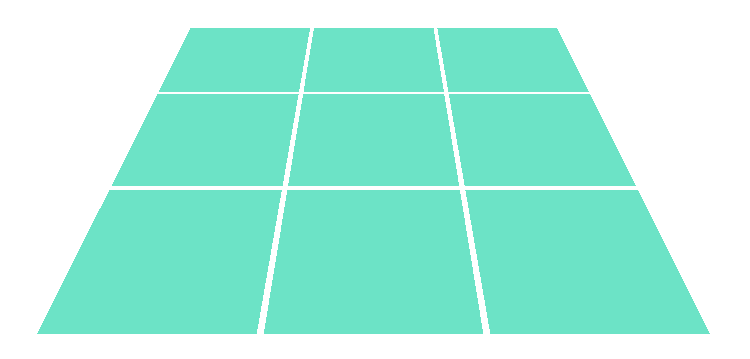
1988 - DRAM density:
4 Mb

1989

1989 - Opened first office in S. Korea

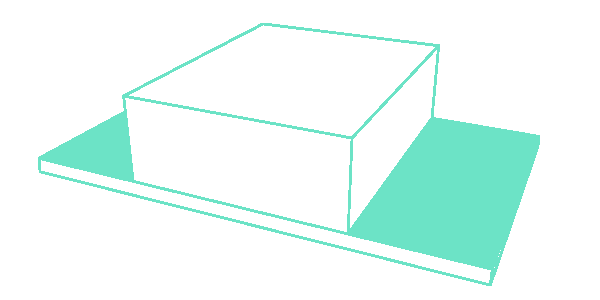
1989 - Technology node:
0.8 µm

1989 - Number of transistors in a typical microprocessor:
1.2 million

The 1990s
1990
1990 - Fiscal annual revenue:
~$140 million

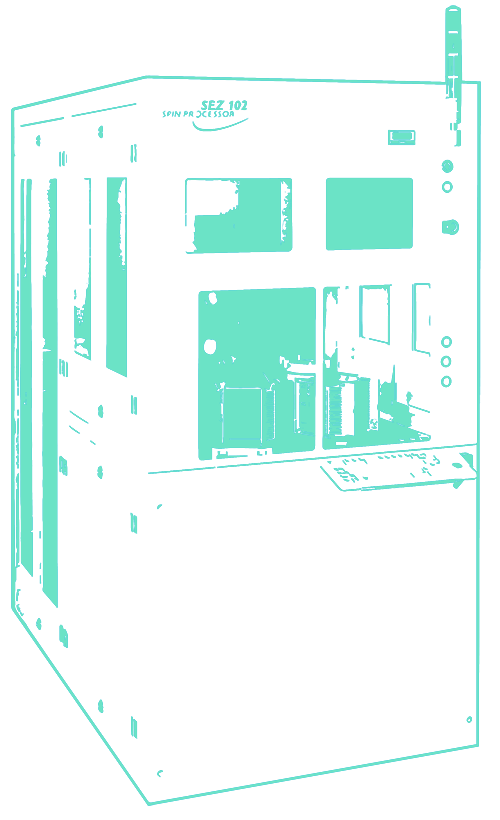
1990 - Introduced SP Series spin clean systems

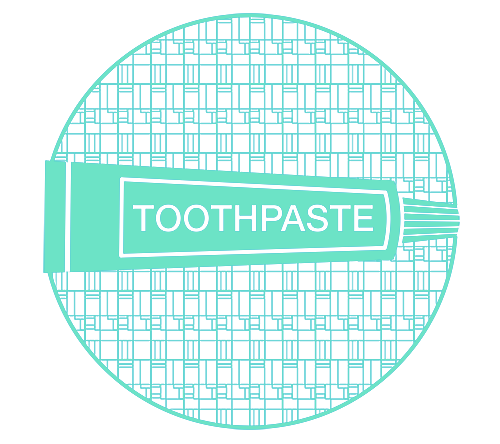
1990 - Wafer size:
200 mm

1992

1992 - Opened offices in Taiwan and Singapore


1992 - Introduced first Transformer Coupled Plasma™ conductor etch products

1993
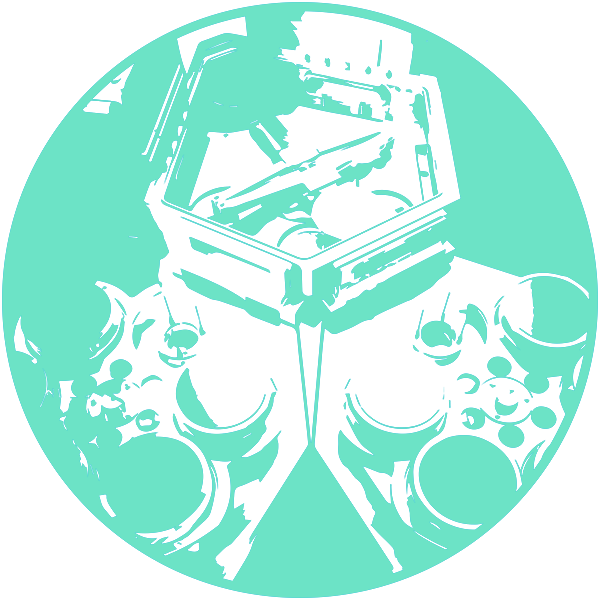
1993 - Released Concept Two® ALTUS® CVD tungsten system

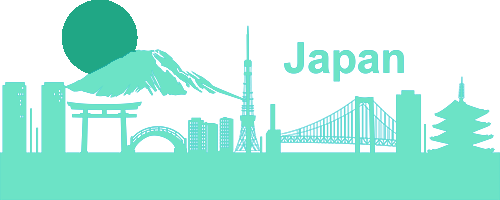
1993 - Opened process development center in Japan

1993 - Number of transistors in a typical microprocessor:
3.1 million

1994
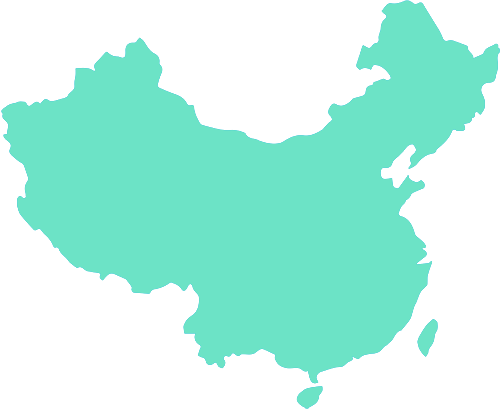
1994 - Established presence in China

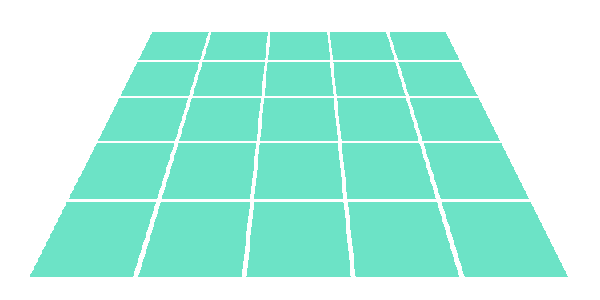
1994 - DRAM density:
16 Mb

1994 - Global semiconductor sales surpassed $100 billion

1995
1995 - Introduced first Dual Frequency Confined™ dielectric etch product

1995 - Fiscal annual revenue:
~$1.0 billion

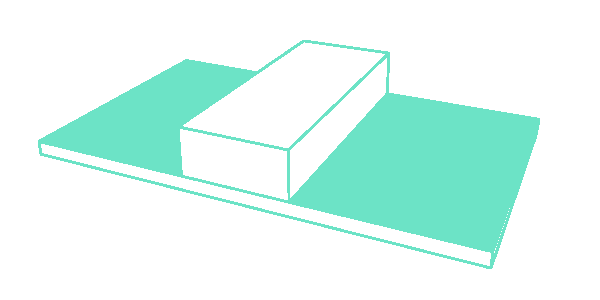
1995 - Technology node:
350 nm

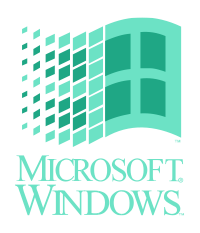
1995 - Microsoft introduced Windows 95

1996
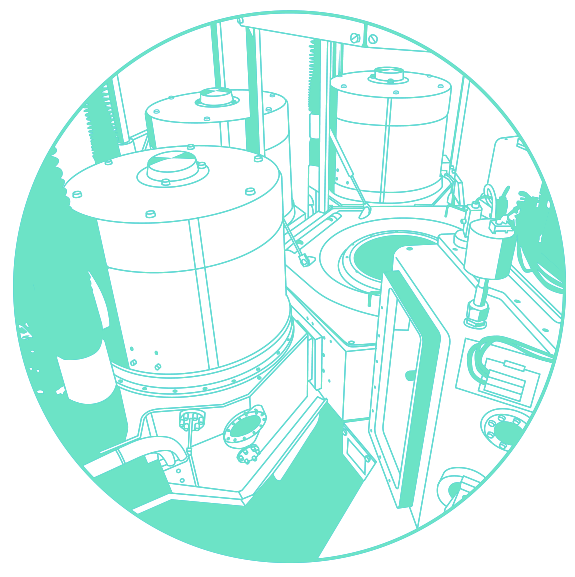
1996 - Introduced SPEED® HDP-CVD system

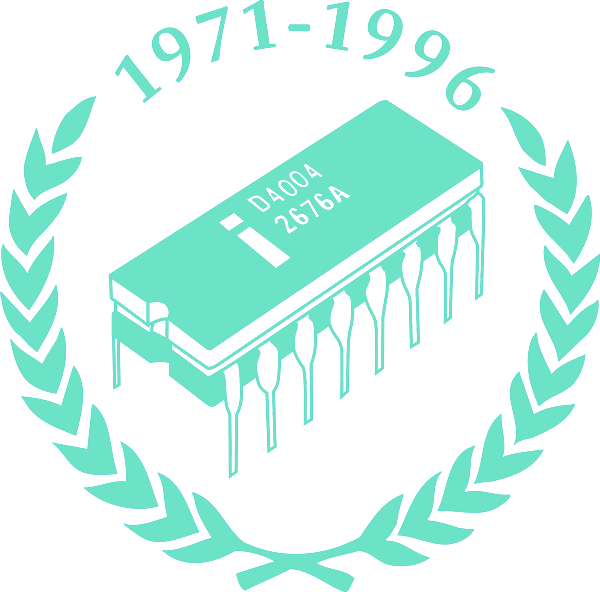
1996 - 25th anniversary of the microprocessor

1997
1997 - Jim Bagley appointed as CEO

1997 - Number of transistors in a typical microprocessor:
7.5 million

1998
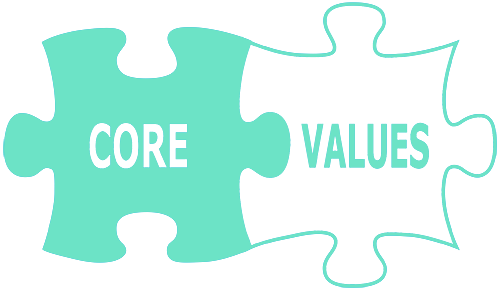
1998 - Introduced Lam's Core Values

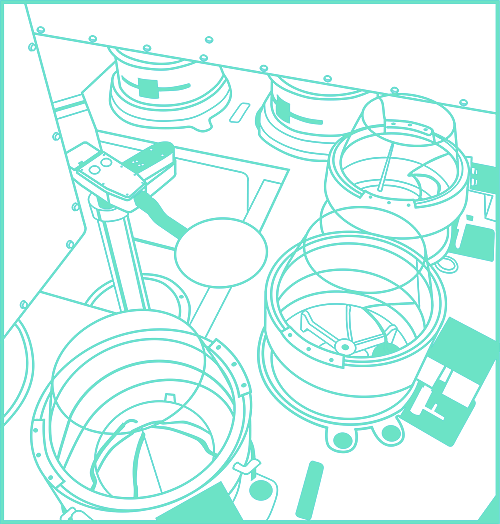
1998 - Announced SABRE® ECD system

1999
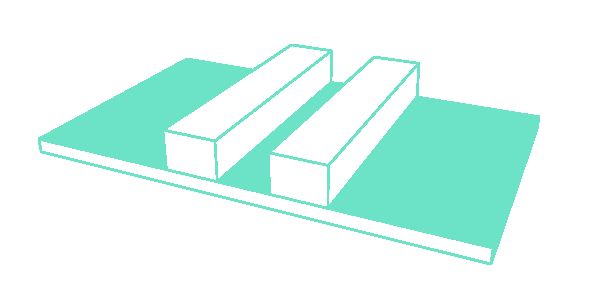
1999 - Technology node:
180 nm

The 2000s
2000
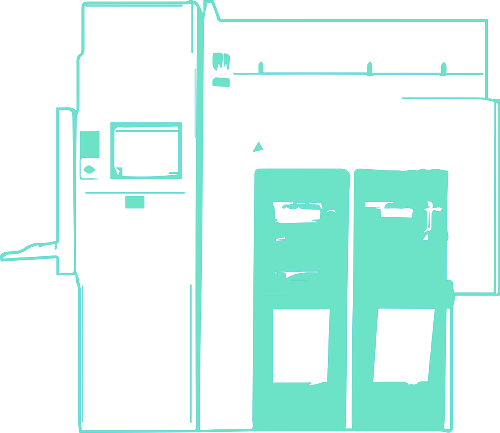
2000 - Announced 2300® etch platform

2000 - Launched VECTOR® PECVD system


2000 - Opened office in India

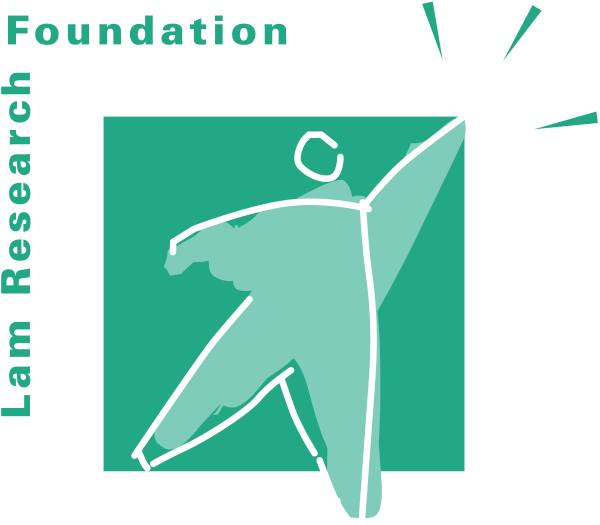
2000 - Established Lam Research Foundation

2000 - Fiscal annual revenue:
~$1.2 billion

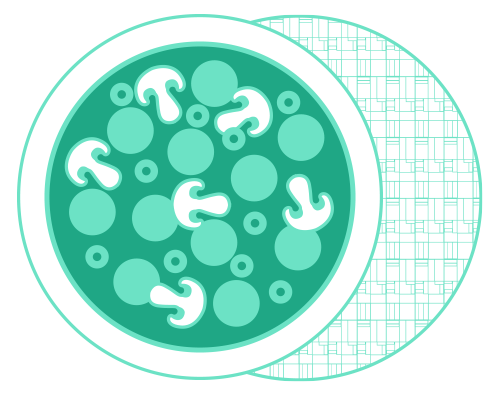
2000 - Wafer size:
300 mm

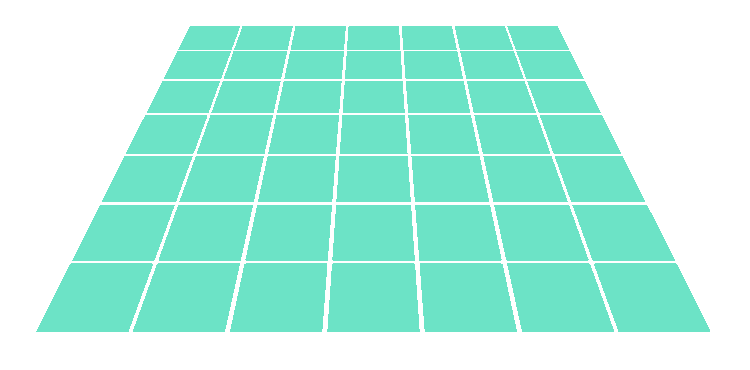
2000 - DRAM density:
128 Mb

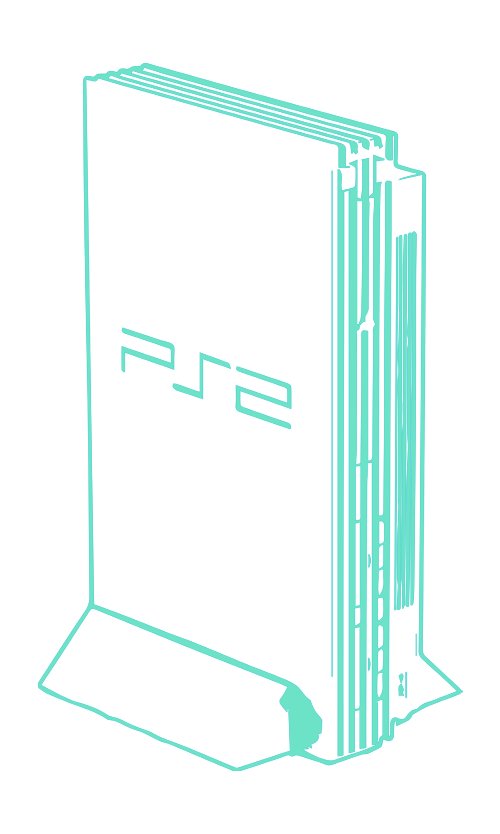
2000 - Sony's Playstation 2 went on sale

2001
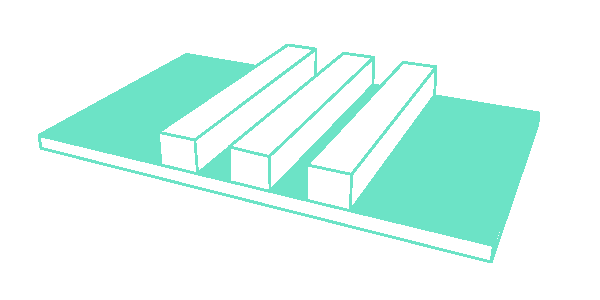
2001 - Technology node:
130 nm

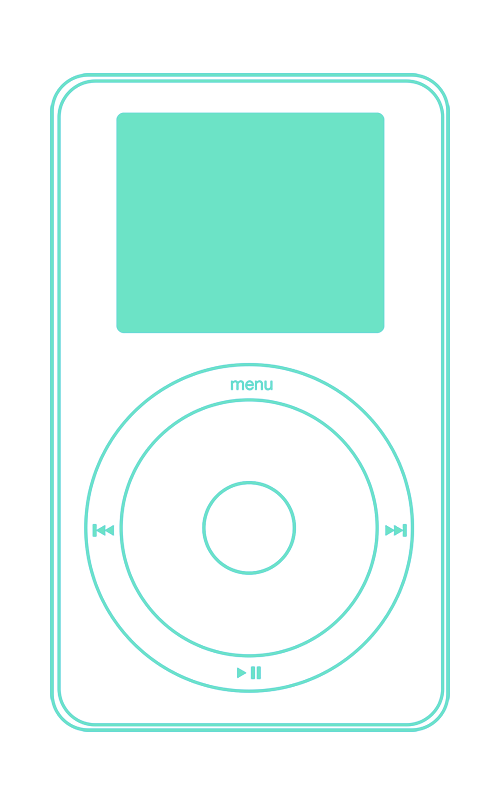
2001 - Apple introduced the iPod music player

2002
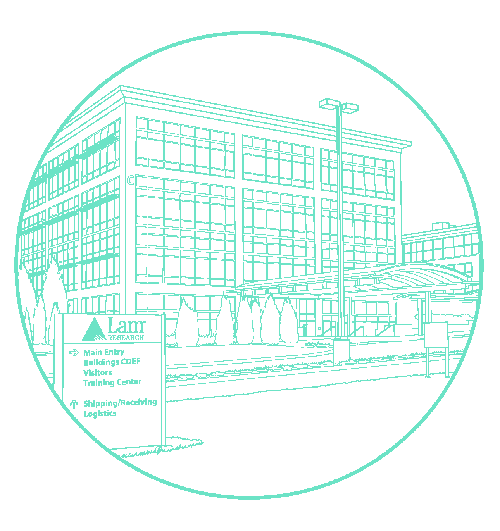
2002 - Opened Tualatin, Oregon, campus

2003
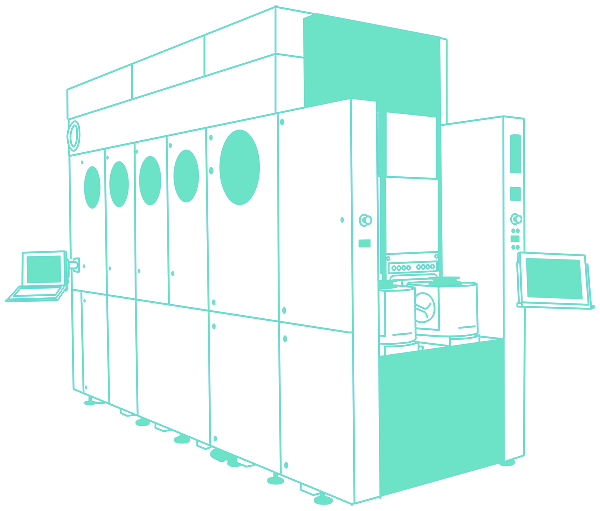
2003 - Launched Da Vinci® spin clean product

2004
2004 - Introduced first-generation Kiyo® and Flex® etch products

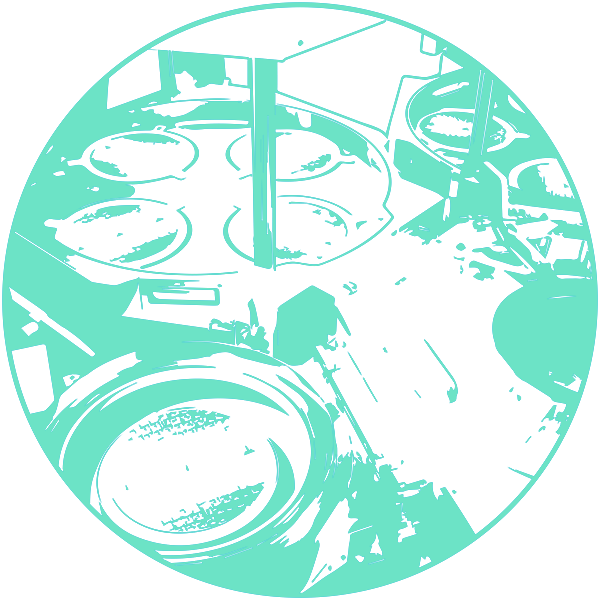
2004 - Introduced ALTUS® tungsten barrier CVD system

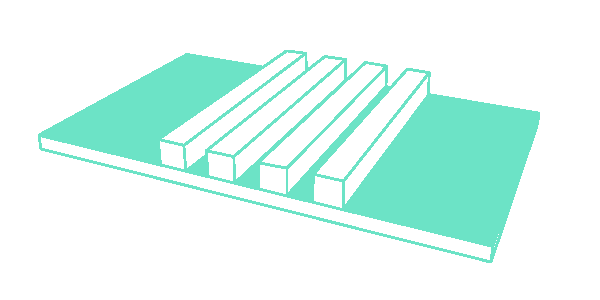
2004 - Technology node:
90 nm

2004 - Global semiconductor sales topped $210 billion

2005
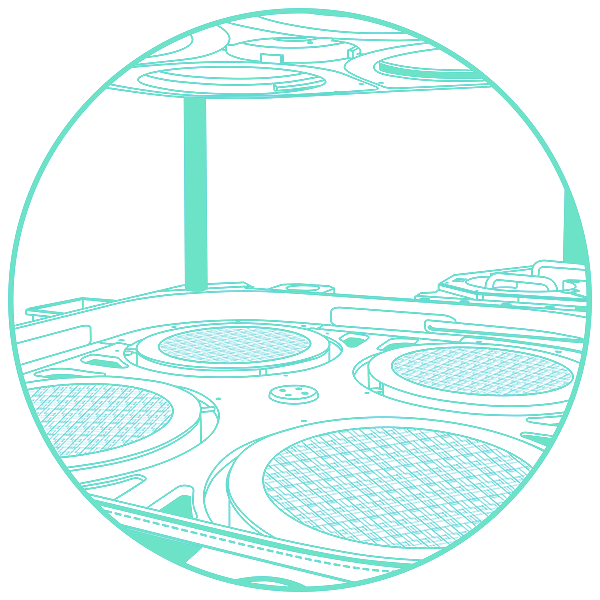
2005 - Launched SOLA® UVTP film treatment system

2005 - Steve Newberry appointed as CEO

2005 - Fiscal annual revenue:
~$1.5 billion

2005 - Number of transistors in a typical microprocessor:
291 million

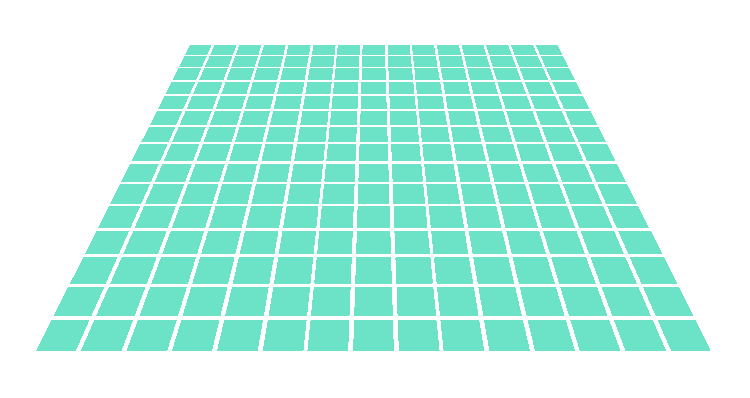
2005 - DRAM density:
512 Mb

2006
2006 - Acquired Bullen Semiconductor, now Silfex, Inc.

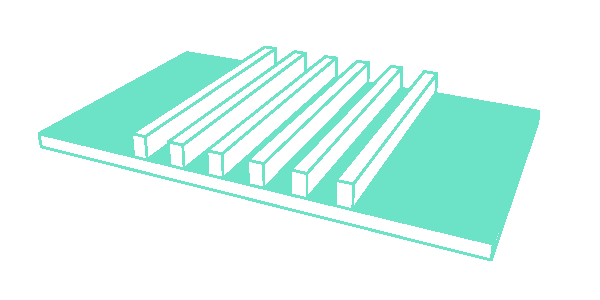
2006 - Technology node:
65 nm

2007
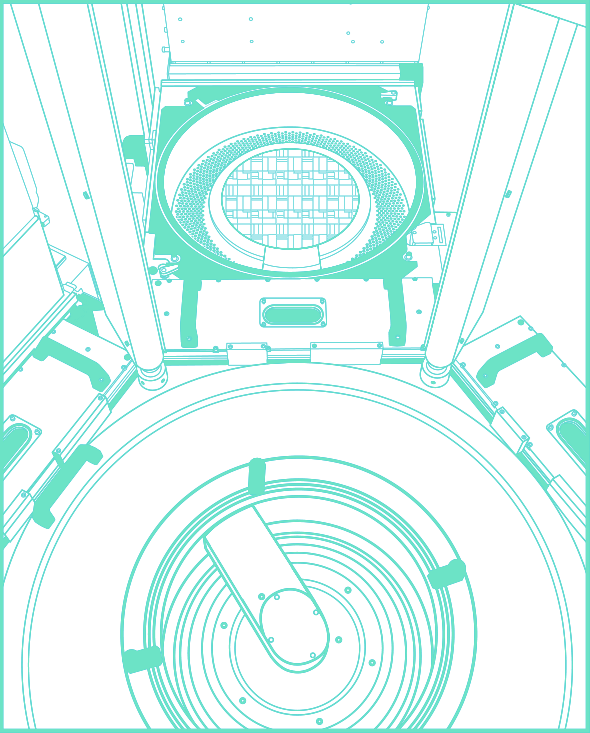
2007 - Shipped first Syndion® system for through-silicon via etch

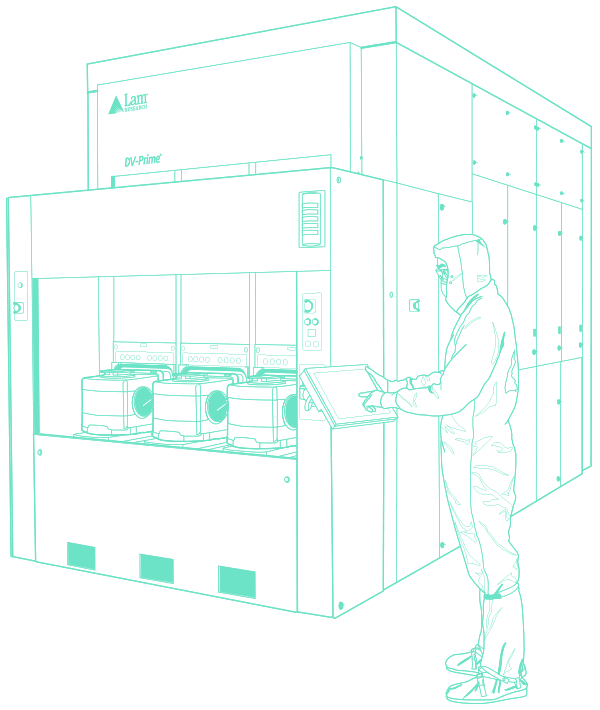
2007 - Introduced DV-Prime® spin clean system

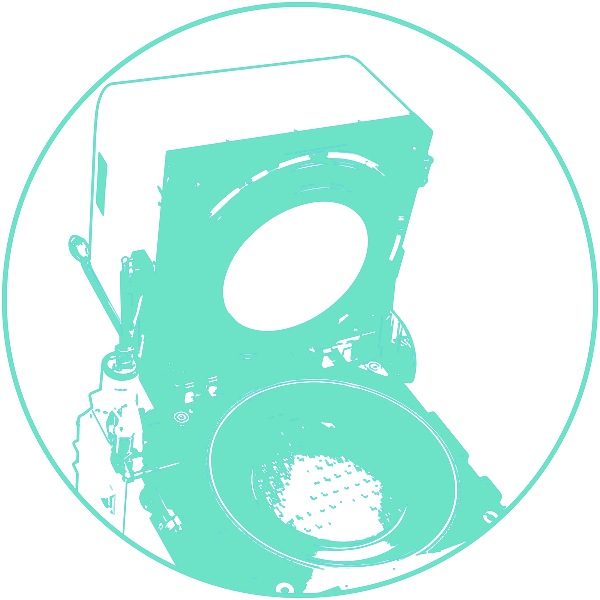
2007 - Launched Coronus® plasma bevel clean system


2007 - Apple unveiled the iPhone

2007 - Number of transistors in a typical microprocessor:
820 million

2008
2008 - Acquired SEZ AG, now Lam Research AG

2008 - Introduced GAMMA® GxT® and GAMMA® G400® strip systems

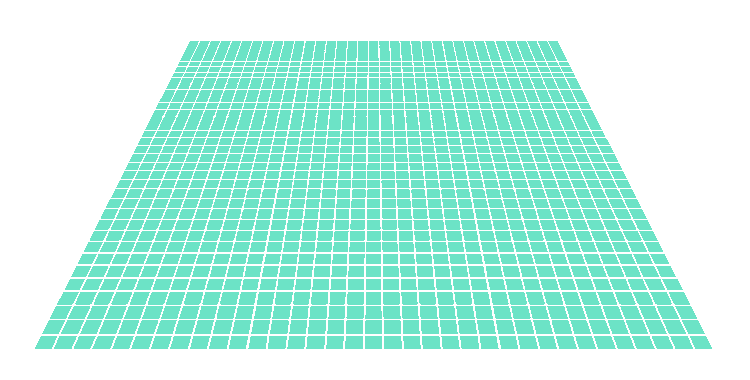
2008 - DRAM density:
1 Gb

The 2010s
2010
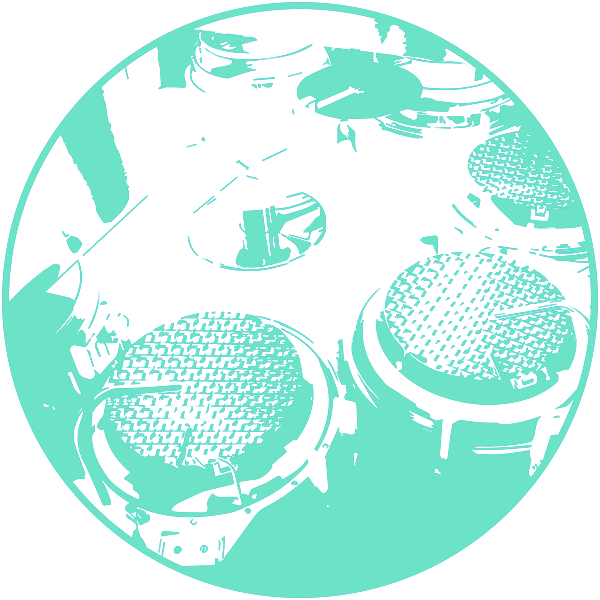
2010 - Announced SABRE® 3D ECD system for wafer-level packaging

2010 - Fiscal annual revenue:
~$2.1 billion

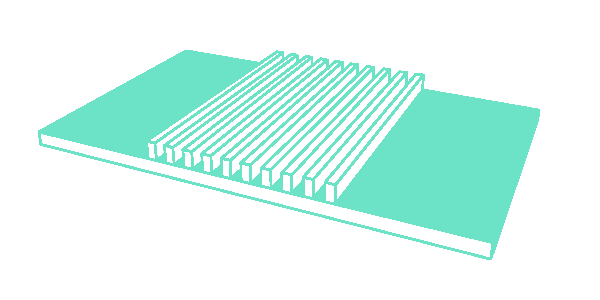
2010 - Technology node:
32 nm

2010 - Global semiconductor sales reached ~$300 billion

2011

2011 - Established Corus, now Lam Manufacturing Korea

2012
2012 - Martin Anstice appointed as CEO

2012 - Acquired Novellus Systems

2013
2013 - ~64 billion semiconductors sold in the U.S., or ~200 chips per person

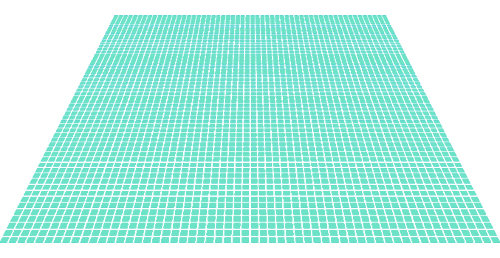
2013 - DRAM density:
4 Gb

2014
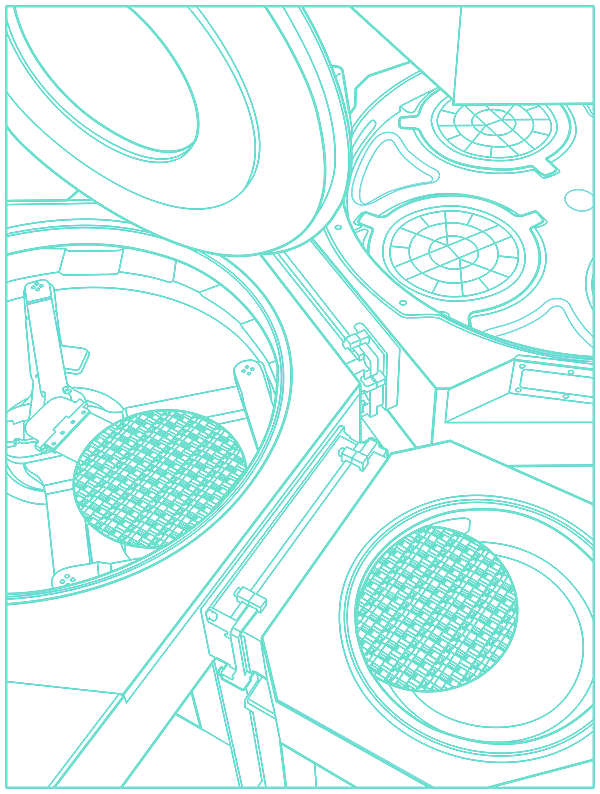
2014 - Introduced product suite for 3D NAND: ALTUS® Max ICEFill™ W-CVD, VECTOR® Strata® PECVD, Flex® F Series dielectric etch

2014 - Introduced solutions for multiple patterning: VECTOR® , Kiyo® F Series conductor etch products

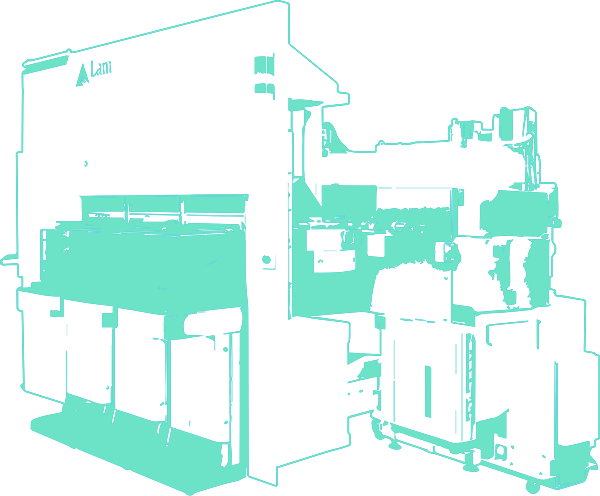
2014 - Announced first manufacturing-worthy atomic layer etch: Kiyo® F Series system


2014 - Technology node:
14 nm

2014 - Number of transistors in a typical microprocessor:
4.3 billion

2014 - Wearable tech became mainstream

2015
2015 - Fiscal annual revenue:
~$5.3 billion

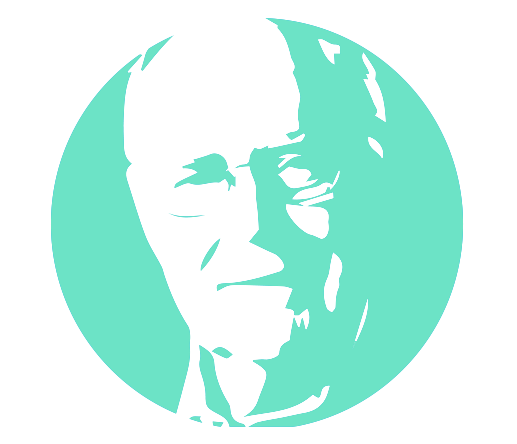
2015 - 50th anniversary of Moore's Law

2016
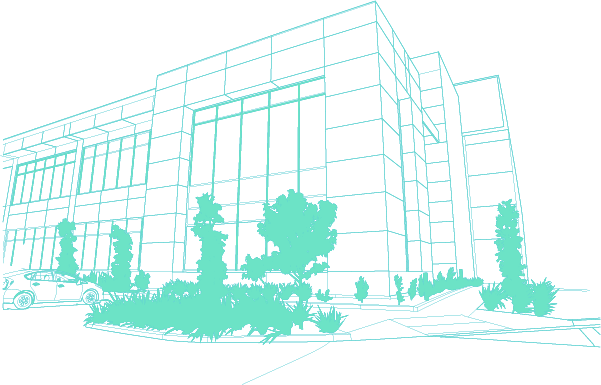
2016 - Opened the Lam Research Dr. Richard A. Gottscho Laboratory in Fremont


2016 - Launched Lam Research Capital

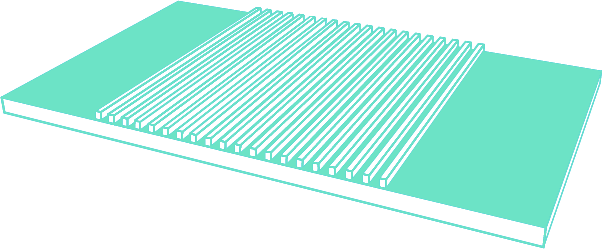
2016 - Technology node:
10 nm

2017
2017 - Acquired
Coventor, Inc.

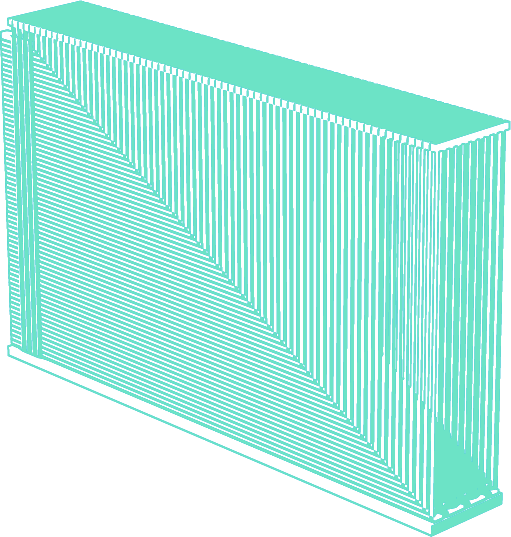
2017 - 3D NAND:
64 layers

2018
2018 - Tim Archer appointed as CEO

2018 - ~1 trillion semiconductors shipped worldwide

2019

2019 - Achieved new industry benchmark for etch system uptime


2019 - 5G began deploying worldwide

2020
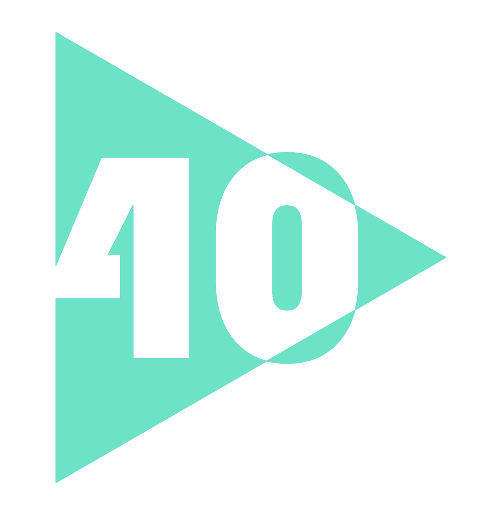
2020 - Lam's 40th Year Anniversary

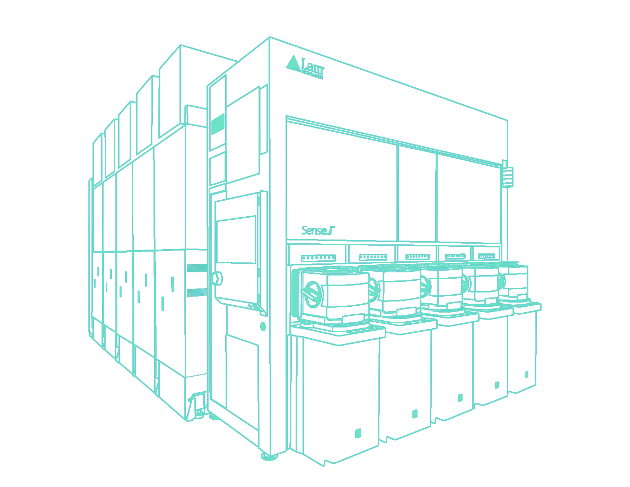
2020 - Announced Sense.i™ plasma etch system

2020 - Developed new dry resist technology with ASML and IMEC

2020 - Remote work and learn trends drove electronics demand

2021

2021 - Set goal to achieve carbon net zero by 2050

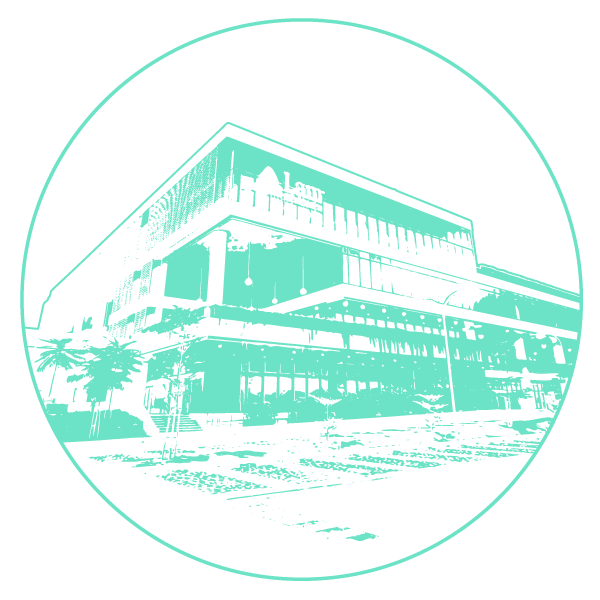
2021 - Opened manufacturing facility in Malaysia


2021 - 50th anniversary of the microprocessor

2022
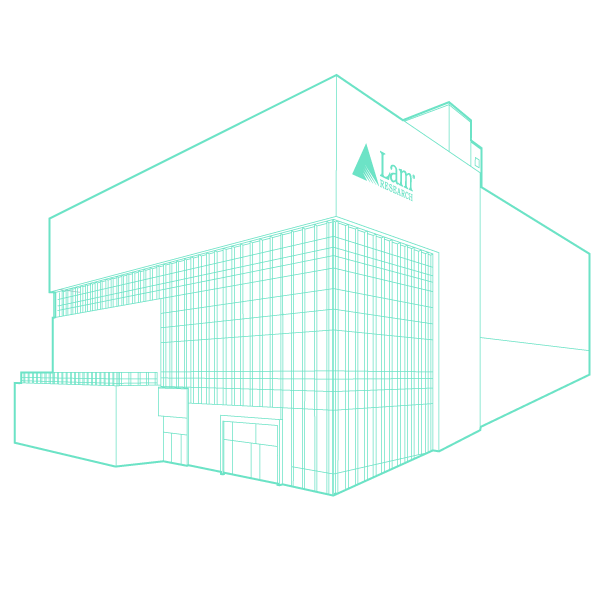
2022 - Opened Korea Technology Center




